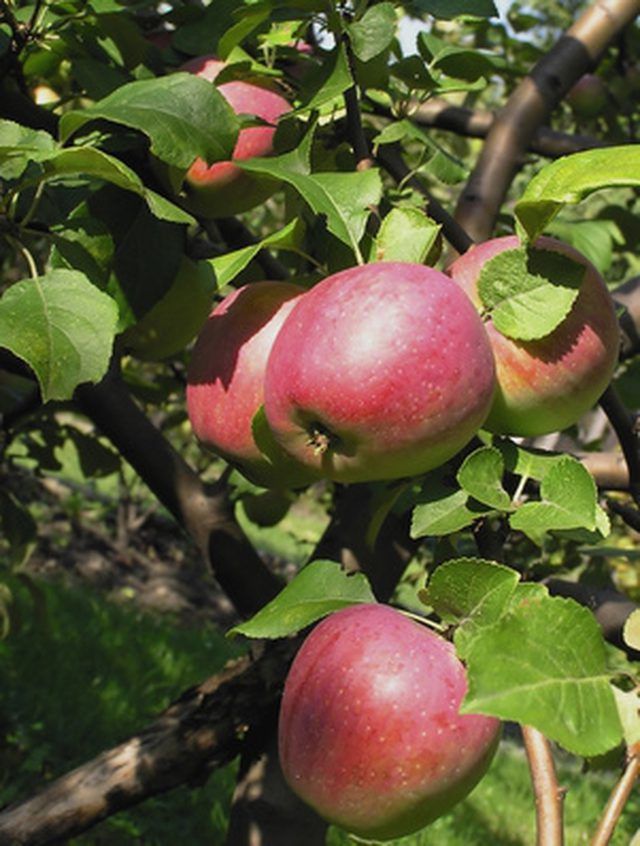Bulbs
Flower Basics
Flower Beds & Specialty Gardens
Flower Garden
Garden Furniture
Garden Gnomes
Garden Seeds
Garden Sheds
Garden Statues
Garden Tools & Supplies
Gardening Basics
Green & Organic
Groundcovers & Vines
Growing Annuals
Growing Basil
Growing Beans
Growing Berries
Growing Blueberries
Growing Cactus
Growing Corn
Growing Cotton
Growing Edibles
Growing Flowers
Growing Garlic
Growing Grapes
Growing Grass
Growing Herbs
Growing Jasmine
Growing Mint
Growing Mushrooms
Orchids
Growing Peanuts
Growing Perennials
Growing Plants
Growing Rosemary
Growing Roses
Growing Strawberries
Growing Sunflowers
Growing Thyme
Growing Tomatoes
Growing Tulips
Growing Vegetables
Herb Basics
Herb Garden
Indoor Growing
Landscaping Basics
Landscaping Patios
Landscaping Plants
Landscaping Shrubs
Landscaping Trees
Landscaping Walks & Pathways
Lawn Basics
Lawn Maintenance
Lawn Mowers
Lawn Ornaments
Lawn Planting
Lawn Tools
Outdoor Growing
Overall Landscape Planning
Pests, Weeds & Problems
Plant Basics
Rock Garden
Rose Garden
Shrubs
Soil
Specialty Gardens
Trees
Vegetable Garden
Yard Maintenance
Organic Spray for Apple Trees
Organic Spray for Apple Trees. Whether you have one apple tree in your yard, or an orchard full of apple trees, one of your main goals is to prevent apple tree diseases. Often, this can be accomplished by spraying your apple trees with chemical or organic compounds. Many prefer to use organic treatments when possible, and when done correctly, this...

Whether you have one apple tree in your yard, or an orchard full of apple trees, one of your main goals is to prevent apple tree diseases. Often, this can be accomplished by spraying your apple trees with chemical or organic compounds. Many prefer to use organic treatments when possible, and when done correctly, this is a viable option for preventing apple diseases.
Diseases
According to New Mexico State University, the severity of any disease that attacks an apple tree will depend on the susceptibility of the host tree, the environment, and the aggressiveness of the pathogen. Some varieties of apple trees are more resistant to certain disease problems than others. And weather conditions can play a key role in the development and strength of a disease. The Cornell Cooperative Extension notes that the four most common apple diseases are powdery mildew, fire blight, apple scab and rust.
Organic Disease Treatment
According to West Virginia University, organic sprays containing copper, lime, and sulfur are useful for prevention and control of powdery mildew, fire blight, rust and apple scab.
Copper fungicides can be quite effective against most apple diseases and can be found as fixed copper fungicides or Bordeaux mixture, which is copper sulfate and hydrated lime. Sulfur fungicides are considered to be effective against powdery mildew and come as liquid lime-sulfur solution, dry wettable sulfurs and flowable sulfurs.
When to Apply
The application of organic apple sprays should be timed carefully. More than one spray application is required throughout the spring, and possibly through the growing season depending on the disease being fought. The spray schedule usually starts when the apple trees are just beginning to display small flower buds. Repeat sprays may take place after each rainfall or every five to fourteen days according to West Virginia University.
Safe Use
Even organic apple tree treatment sprays must be used with safety in mind. Make sure you're using the correct spray for the disease problem you're working to prevent. Always read labels carefully, and follow application directions. Wear clothing that protects your skin, a hat, and goggles, as the compounds can be irritating to your skin and eyes. If you have a breathing condition or allergies, you will also want to wear a mask over your nose and mouth.
Considerations
While organic sprays for apple trees offer the distinct advantage of helping to produce organically grown apples, there are some considerations to keep in mind, as West Virginia University points out.
Sulfur fungicides usually need to be reapplied after a rainfall or after three to five days. They are also toxic to beneficial insects and spiders. And while sulfur works well against powdery mildew, it is not very effective against other apple tree diseases. While copper fungicides are effective against many diseases, they can cause damage to fruit and foliage if not used correctly and under the right conditions. They must also be applied on a regular schedule to help prevent and control disease.